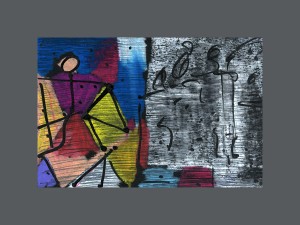The future of the world and viability of our own lives ultimately comes down to whether we can believe and trust in other human beings.
Much of world history, mass media, and politics are sad sagas of wanton cruelty and mindless inhumanity. This barrage of negativity can easily turn us into bitter cynics and misanthropes. But there are also individuals in every walk of life who provide encouragement, inspiration, and direction to our unique and often faltering journey through the world.
One such person was Victor Frankl — Holocaust survivor, psychiatrist, and author of the international bestseller “Man’s Search for Meaning.”
I had the opportunity to meet Dr. Frankl in 1975 while a graduate student. Although he was about 70 years old at the time, the man still exuded a deep enthusiasm for the human prospect and his glider flying lessons!
Thirty-five years before, he had been both a slave laborer and Jewish doctor in Nazi extermination camps. He had lost his beloved wife and almost all of his extended family to the genocide. I kept asking myself—where did Frankl find the strength and compassion to write about these horrors and still care about other people.
At the time, I was mired in self-absorbed angst about what I was going to do in life and where would I find any paying job in an absolutely wretched Post-Viet Nam War economy. His words helped me find the strength to pursue a career as an artist and media producer.
Below is a link to a rare 1972 film of Dr. Frankl delivering a powerful message about the human search for meaning and the most important gift we can give others. It captures the feeling of my personal experience of the man from many decades ago.
http://www.ted.com/talks/viktor_frankl_youth_in_search_of_meaning.html
Below is a related link to a short article about “The Crisis of Meaning in the Millennial Workforce.”
And here are titles of 3 relevant books. All can be readily purchased on Amazon:
• Man’s Search for Meaning by Viktor Frankl
• Think on These Things by J. Krishnamurti
• Full Catastrophe Living by Jon Kabat-Zinn

